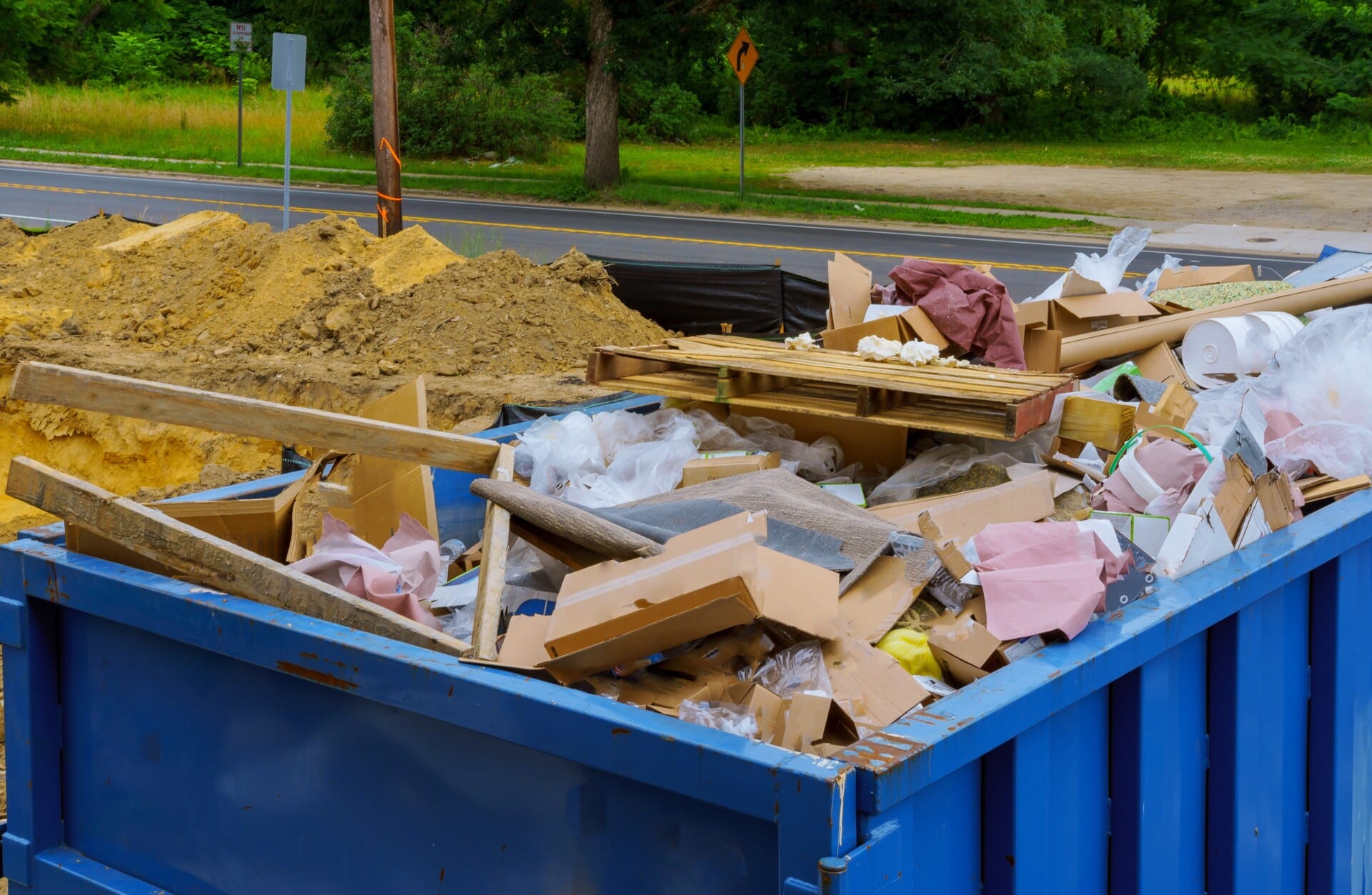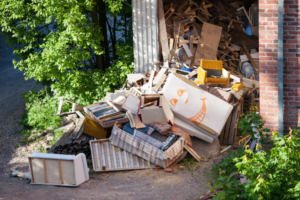
Every home has a spot where chaos gathers like dust in a corner left unbothered. That place might be your entryway, your kitchen counters, or even that mysterious junk drawer you avoid opening. Start there. Why? Because it’s the space that greets you daily, the space that whispers stress into your mind. Don’t try to declutter your entire house at once. Begin with a space that nags at your attention, and give it the gift of order. Slowly, room by room, your home will begin to breathe again.
The trick is to avoid ambition’s trap. You aren’t in a race. Decluttering isn’t a battle to win but a relationship to restore your living space. Give each area the time it deserves, and resist the pull to hop between rooms. Your energy is not infinite, but your patience can be when paced well. Tidy the loudest mess first. The rest will quiet down.
Let go of the guilt attached to things
It’s easy to believe that keeping an item honors its past or the person who gave it to us. But what if the real honor lies in releasing it? That sweater from your aunt, still folded with its tag, may have come from a place of love—but it’s okay if it never felt like you. Objects aren’t love. They’re just placeholders. They don’t feel pain when they’re donated. They don’t cry when tossed. But you might—out of guilt or nostalgia.
Still, holding onto things out of emotional obligation weighs you down. Your home should be a place of comfort and energy, not a storage facility for unresolved emotions. Give yourself permission to cherish the memory, but not the item. When you let go, you don’t lose love—you create space for new experiences. Trust that what really matters will stay with you. You are not your things, and your things are not your worth.
Decluttering doesn’t demand a timeline
We often treat decluttering like a chore with a deadline—a task to check off by Sunday or a goal to meet by next month. But real change doesn’t follow a stopwatch. Decluttering is deeply personal, and it unfolds at your pace. There’s no shame in slow progress. Whether you start with a single drawer or commit to ten minutes a day, the act of starting is what counts. Some days you may feel energized and purge a closet. Other days, all you can manage is tossing expired condiments—and that’s still a win.
Without artificial deadlines, decluttering transforms from a duty into a discovery. You become more mindful, more in tune with what matters. You’re not rushing to purge but gently refining your space to reflect your current self. Let it take time. Let it evolve. The finish line isn’t a perfectly staged living room—it’s the ease, clarity, and calm that gradually grows around you.

Focus on function before aesthetics
Pretty storage bins and rainbow bookshelves are fun, but function comes first. If your space looks amazing but doesn’t work, it’s still clutter—just better dressed. Start by asking what you actually use. That air fryer you haven’t touched since 2020? That stack of decorative pillows you always move off the bed to sleep? If it’s not serving you, it’s not serving your space. Utility is the core of peace. When your home flows—when you can find your keys, cook without chaos, and breathe deeply walking into a room—beauty follows.
Function invites calm, and calm is its own kind of elegance. You’ll find that when everything in your home earns its place, even the simplest setups feel beautiful. So before you color-code your pantry or buy another set of matching baskets, ask yourself: does this work for me? Because a well-functioning home isn’t just easier to maintain—it’s where your real life can thrive.
Avoid decluttering emotional landmines first
There’s a reason we avoid certain boxes. The ones stuffed with old letters, baby clothes, or heirlooms soaked in sentiment feel heavier than they are. These items hold chapters of our lives, and touching them too soon can unravel more than clutter. When starting your decluttering journey, don’t dive into the deep end. Begin with the light stuff—junk drawers, expired food, unused gadgets. Build your stamina. Let small victories reinforce your confidence. It’s not cowardly to delay the hard stuff; it’s wise.
Emotional items demand clarity and readiness. When you’ve practiced letting go with easier things, you approach the sentimental pieces with more grace and less fear. You’ll be better prepared to ask: does this memory need a physical form, or is it safe within me? Delaying isn’t denial—it’s preparation. Let your heart catch up to your hands.
Create zones and give everything a home
Clutter thrives in the absence of boundaries. When your belongings wander, so does your peace of mind. That’s where zones come in. They’re not rigid rules—they’re quiet systems that support sanity. A designated hook for your keys. A bin for incoming mail. A drawer for chargers. These little territories bring big relief. When everything has a home, you waste less time searching, sorting, or stressing. Life becomes smoother, decisions easier.
Creating zones doesn’t require a Pinterest-worthy layout—just clear, simple systems that make your space work for you. Think of your home like a well-planned city: with neighborhoods for similar items and clear paths for daily routines. As you build these zones, habits will form naturally. You’ll return things without thinking, reduce clutter before it piles up, and actually enjoy your space more.
Limit the input before managing the output
Decluttering is a losing battle if you’re constantly adding to the pile. Imagine bailing water from a sinking boat while still letting water pour in—it’s futile. Before you even start tossing, pause what you bring home. Say no to impulse buys. Skip the clearance aisle “just in case” purchases. Begin by reducing input. When fewer things come in, fewer things need managing. It’s not about deprivation—it’s about discernment.
Every item you add should have purpose, place, and value. This shift in mindset doesn’t just clear space—it clears mental fog. You stop chasing organization and start preventing disorganization. It’s proactive, not reactive. Think of it as a gatekeeper role: only what enriches your space makes the cut. As you filter what enters your home, decluttering becomes less overwhelming. The clutter tide slows.
Use containers as boundaries not crutches
Containers feel like the holy grail of organization. Neatly labeled bins, matching baskets—what’s not to love? But containers can trick you. They can disguise clutter, giving it a prettier costume. Shoving random things into boxes doesn’t solve the problem—it hides it. Instead, treat containers as boundaries. One bin for scarves? Great—if it overflows, that’s your cue to edit. When used with intention, containers hold us accountable.
They make limits visible. It’s no longer a question of “do I have room?”—the container tells you. This isn’t about restriction; it’s about clarity. When every basket isn’t crammed and every drawer closes with ease, you feel in control. Use containers to define, not disguise. Let them guide your decisions, not delay them. Organization isn’t about owning more storage—it’s about needing less.
Embrace the discomfort of decision-making
Clutter is often the residue of indecision. Every “maybe someday” item, every “just in case” purchase, every “I’ll deal with it later” pile—they all stem from postponed choices. Decluttering brings those decisions front and center. And yes, it’s uncomfortable. You’ll question yourself. You’ll doubt. But growth lives in that discomfort. Every time you make a call—keep, donate, toss—you sharpen your instincts.
You become more aligned with what you value now, not what you valued then. It’s not just about tidying—it’s about reclaiming authority over your environment. That power doesn’t come without tension, but it’s worth it. The more choices you make, the easier they become. Eventually, your space reflects your current self with clarity, not confusion. So lean into the discomfort. Let it teach you. Let it shape you.
Celebrate progress without perfection
You don’t need a pristine, minimalist masterpiece to feel accomplished. Every item donated, every surface cleared, every drawer sorted—that’s progress. And progress is everything. Perfection is a myth dressed up in filters and hashtags. Don’t chase it. Celebrate the small wins. They add up. The space you create when you clear out one shelf? That’s breathing room. The relief you feel when you find what you need without digging through chaos? That’s victory.
The point of decluttering isn’t to impress—it’s to live better. When you stop measuring your home against curated images and start noticing how it feels, you begin to win. A lived-in home with intention beats a showroom any day. So honor your effort. Take pride in the journey. Let each act of letting go be a gift to your future self. Decluttering is less about reaching a perfect result and more about embracing a process that brings peace, clarity, and joy—one step at a time.
Conclusion
Decluttering is less a task and more a conversation between you and your surroundings—a negotiation of value, of presence, of what truly deserves a place in your life. As you navigate this process, remember that the mess didn’t happen overnight, and its undoing doesn’t need to be rushed. The art lies in making thoughtful decisions, embracing imperfection, and honoring the space you call home.
If the journey still feels daunting, or the clutter has outgrown your energy, professional help is just a call away. For those in need of a reset with efficiency and care, reach out to 606 Junk Removal and Dumpster Rental, based in Chicago, IL. Their team can help you reclaim your space without the stress. Contact them at 773-412-4902 or send a message to info@606junk.com.
